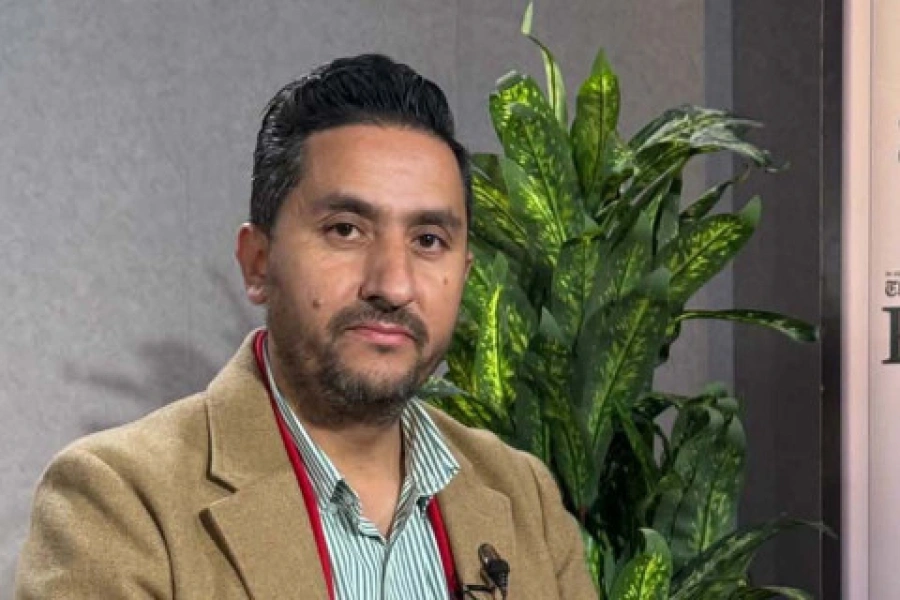A new study from researchers at the University of Exeter has shown how three specifically designed compounds can target the mitochondria in older human cells, effectively rejuvenating those cells and making them act young again to reverse key signs of aging.
One of the fundamental biological mechanisms that defines aging is called cellular senescence. As we get older more and more of our cells become senescent, meaning they no longer replicate yet still remain metabolically active.
"As human bodies age, they accumulate old (senescent) cells that do not function as well as younger cells," says Lorna Harries, one of the authors on the new study. "This is not just an effect of aging – it's a reason why we age."
Aggressive breast cancer cells hijack natural stress protector...

A great deal of work is currently being done by researchers around the world hunting for ways to both clear senescent cells from the body, and reverse the process of senescence. Last year the University of Exeter team revealed a novel technique that successfully rejuvenated older senescent cells, making them return to behaving like younger cells again.
Now, a new study from the same team has focused on the specific mechanism that causes this rejuvenating effect, revealing that when a tiny quantity of hydrogen sulfide is delivered directly to the mitochondria in cells it can effectively rescue those cells from their senescent state.
"Our compounds provide mitochondria in cells with an alternative fuel to help them function properly," explains Matt Whiteman, another author on the new study. "Many disease states can essentially be viewed as accelerated aging, and keeping mitochondria healthy helps either prevent or, in many cases using animal models, reverse this."
Three particular compounds were developed by the team to directly target the mitochondria in senescent cells. Each of the compounds demonstrated a remarkable 40 to 50 percent reduction in cellular senescence, meaning almost half of the aged cells that were treated reverted into behaving like younger cells.
The researchers note that this work is not about developing some kind of miracle drug that extends our lifespan, but rather it focuses on the intimate processes that underly aging in the hopes of developing treatments that can extend our health span. However, this work is still some time away from practical clinical application. While current research has demonstrated positive effects in human cell models, a great deal of work needs to be done to test the compounds in live organisms and prove they are safe to deploy in human subjects.
"The compounds developed at Exeter have the potential to tweak the mechanisms by which this aging of cells happens," explains Harries. "We used to think age-related diseases like cancer, dementia and diabetes each had a unique cause, but they actually track back to one or two common mechanisms. This research focuses on one of these mechanisms, and the findings with our compounds have potentially opened up the way for new therapeutic approaches in the future. This may well be the basis for a new generation of anti-degenerative drugs."





































